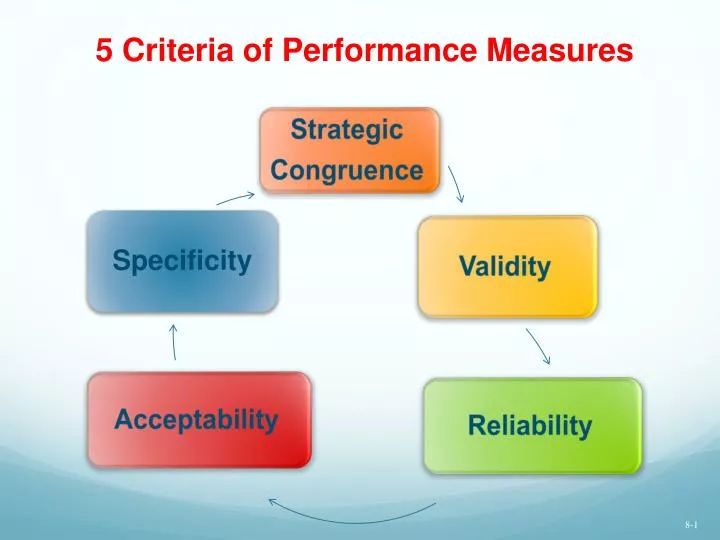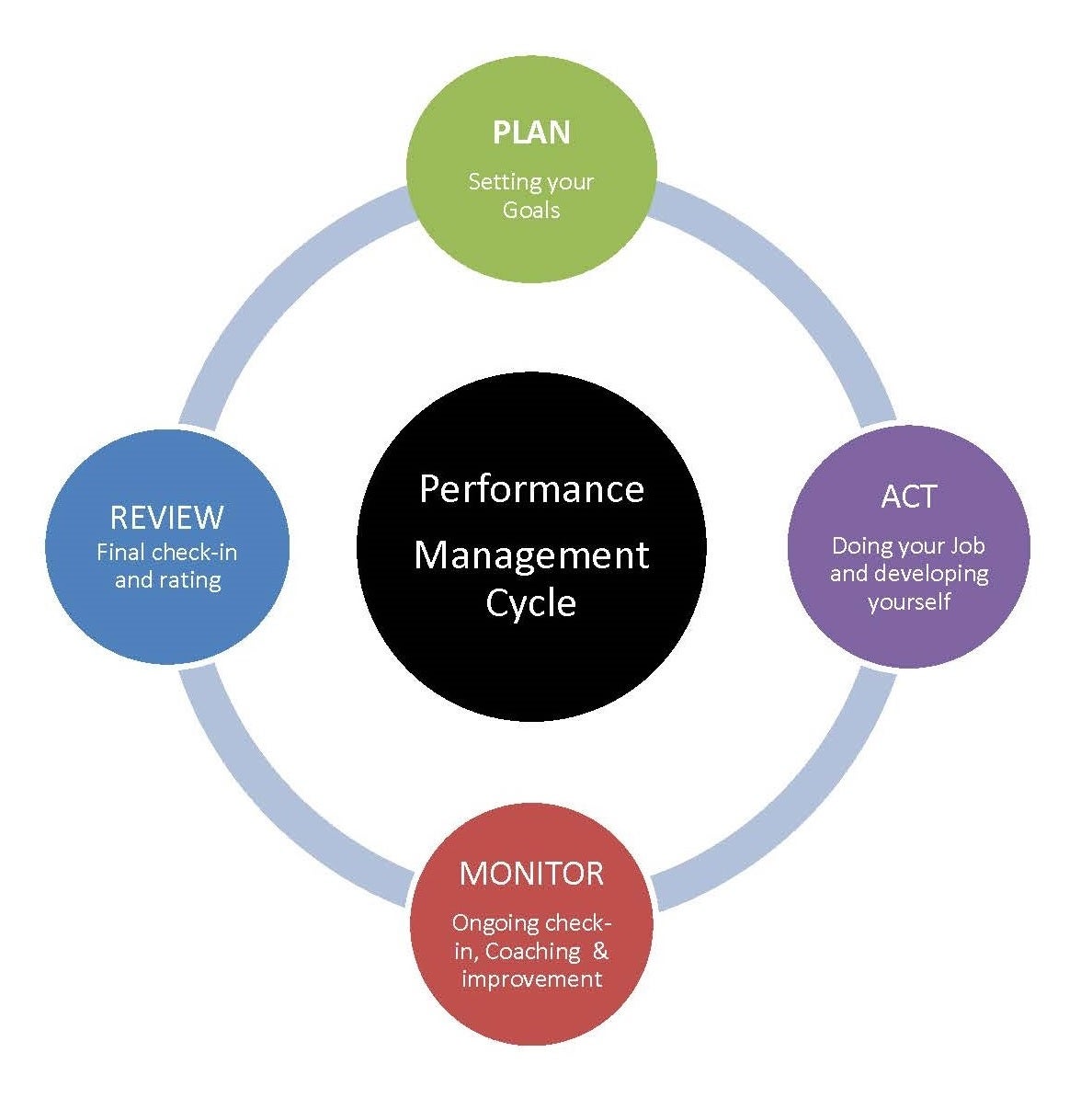Course Of Performance
Course Of Performance - (2) the express terms of the agreement and any such course of performance, as well as any course of dealing and usage of. (1) the agreement of the parties with respect to the transaction involves repeated occasions for performance by a party; The transaction involves multiple occasions for performance. The intent of the parties in regard to the meaning of the agreement is reliably ascertainable through the application of course of performance only when a contract requires a repetitive series of performances. Source for information on course of performance: (1) the agreement of the parties with respect to the transaction involves repeated occasions for performance by a party; Web a legal principle exists known as “course of performance,” which is often cited when questions over ambiguous contractual terms arise. Web course of performance refers to the systematic and uniform conduct in which parties engage after they enter into a contract. The course of performance doctrine—under which a contract can According to north carolina’s general statutes, two elements must be present for you to show that course of performance may apply to your contract. (a) a course of performance is a sequence of conduct between the parties to a particular transaction that exists if: Web course of performance refers to a sequence of conduct between two parties with respect to a particular transaction. (a) a course of performance is a sequence of conduct between the parties to a particular transaction that exists if: According. (2) the express terms of the agreement and any such course of performance, as well as any course of dealing and usage of. The intent of the parties in regard to the meaning of the agreement is reliably ascertainable through the application of course of performance only when a contract requires a repetitive series of performances. (1) where the contract. According to north carolina’s general statutes, two elements must be present for you to show that course of performance may apply to your contract. The intent of the parties in regard to the meaning of the agreement is reliably ascertainable through the application of course of performance only when a contract requires a repetitive series of performances. Source for information. Web course of performance refers to the systematic and uniform conduct in which parties engage after they enter into a contract. The meaning of course of performance is the conduct of parties during a business deal requiring repeated performances that creates an understanding between the parties as to performance and that may be used to help interpret their agreement in. According to north carolina’s general statutes, two elements must be present for you to show that course of performance may apply to your contract. The intent of the parties in regard to the meaning of the agreement is reliably ascertainable through the application of course of performance only when a contract requires a repetitive series of performances. The transaction involves. Web course of performance or practical construction. West's encyclopedia of american law dictionary. Web a legal principle exists known as “course of performance,” which is often cited when questions over ambiguous contractual terms arise. Web the term course of performance is defined in the uniform commercial code as follows: Web course of performanceevidence of the conduct of parties concerning the. (1) where the contract for sale involves repeated occasions for performance by either party with knowledge of the nature. Web course of performance, course of dealing, and usage of trade. Web course of performance refers to the systematic and uniform conduct in which parties engage after they enter into a contract. (1) the agreement of the parties with respect to. And (2) the other party, with knowledge of. The intent of the parties in regard to the meaning of the agreement is reliably ascertainable through the application of course of performance only when a contract requires a repetitive series of performances. Web course of performanceevidence of the conduct of parties concerning the execution of obligations under a contract requiring more. (a) a course of performance is a sequence of conduct between the parties to a particular transaction that exists if: Web course of performance refers to a sequence of conduct between two parties with respect to a particular transaction. According to north carolina’s general statutes, two elements must be present for you to show that course of performance may apply. The theoretical and practical implications of these results are discussed. And (2) the other party, with knowledge of. Web course of performance refers to the systematic and uniform conduct in which parties engage after they enter into a contract. (1) where the contract for sale involves repeated occasions for performance by either party with knowledge of the nature. Web the. Web course of performance refers to the systematic and uniform conduct in which parties engage after they enter into a contract. The theoretical and practical implications of these results are discussed. The meaning of course of performance is the conduct of parties during a business deal requiring repeated performances that creates an understanding between the parties as to performance and that may be used to help interpret their agreement in instances of dispute. Web course of performance refers to the systematic and uniform conduct in which parties engage after they enter into a contract. Web a legal principle exists known as “course of performance,” which is often cited when questions over ambiguous contractual terms arise. Web the term course of performance is defined in the uniform commercial code as follows: Source for information on course of performance: The intent of the parties in regard to the meaning of the agreement is reliably ascertainable through the application of course of performance only when a contract requires a repetitive series of performances. The transaction involves multiple occasions for performance. The intent of the parties in regard to the meaning of the agreement is reliably ascertainable through the application of course of performance only when a contract requires a repetitive series of performances. (2) the express terms of the agreement and any such course of performance, as well as any course of dealing and usage of. (1) where the contract for sale involves repeated occasions for performance by either party with knowledge of the nature. (a) a course of performance is a sequence of conduct between the parties to a particular transaction that exists if: Web course of performance or practical construction. Web course of performance, course of dealing, and usage of trade. (1) the agreement of the parties with respect to the transaction involves repeated occasions for performance by a party;
A collection of Performance Management Cycles HR Trend Institute

Infographic 4 Ways to Improve Performance Management i4cp

PPT 5 Criteria of Performance Measures PowerPoint Presentation, free

Performance Management & Job Grading Danshaw

Performance Management Course Clarion College

Diagram of performance management cycle Human Resources University

What are some common performance metrics? HR Blog HR Resources HR

Improve Your Training, Improve Your Results Simple, Yet Effective Ways

Performancereviewtips

Performance Management Meaning, Objectives, and Benefits Explained
According To North Carolina’s General Statutes, Two Elements Must Be Present For You To Show That Course Of Performance May Apply To Your Contract.
(1) The Agreement Of The Parties With Respect To The Transaction Involves Repeated Occasions For Performance By A Party;
Web Course Of Performance Refers To A Sequence Of Conduct Between Two Parties With Respect To A Particular Transaction.
The Course Of Performance Doctrine—Under Which A Contract Can
Related Post: